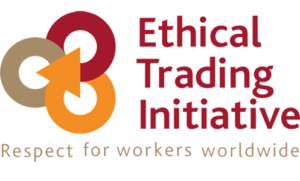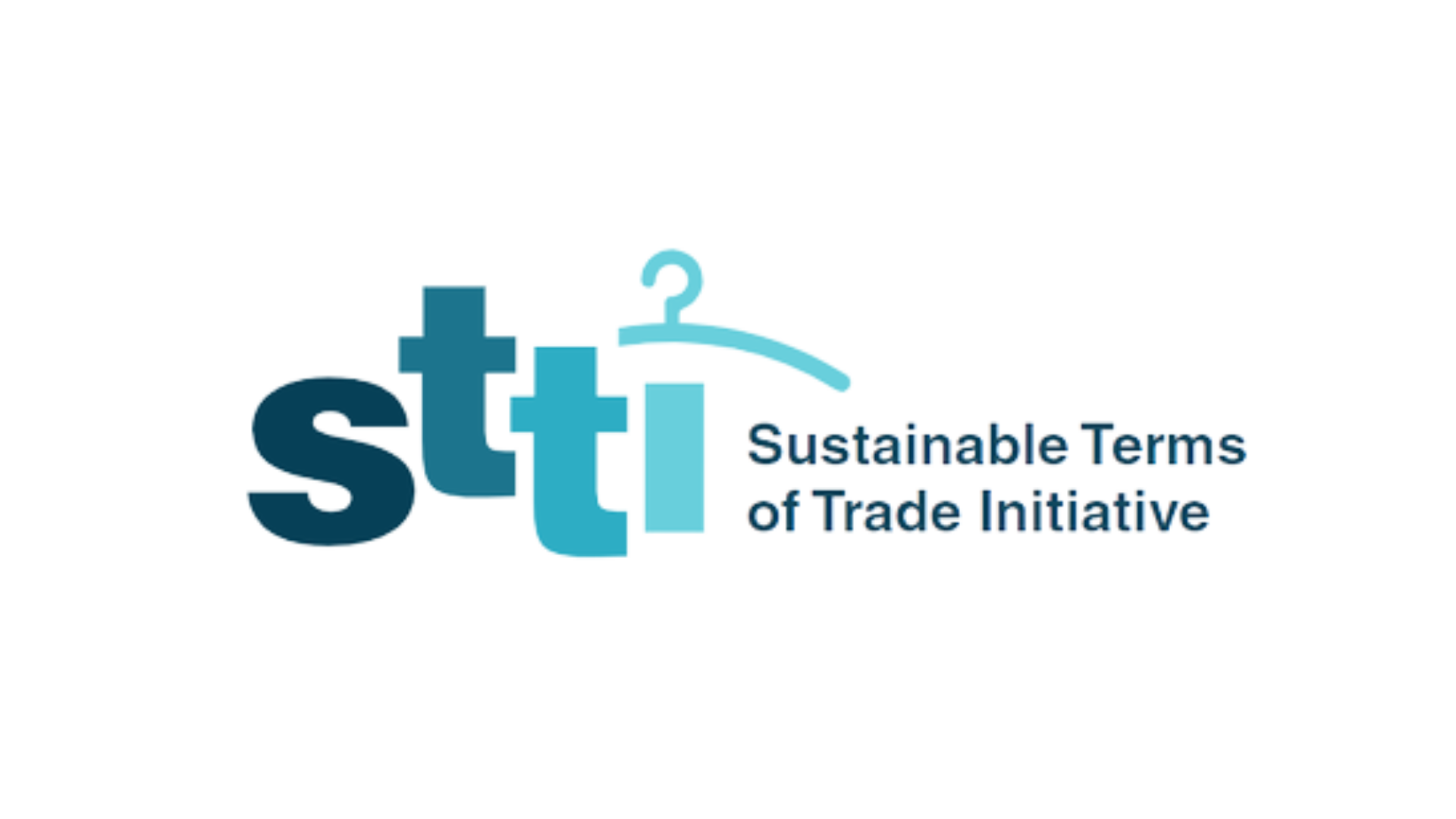An alliance of responsible garment industry representatives calls upon the European Parliament to develop more effective mandatory human rights due diligence
To advance effective mandatory human rights due diligence at the EU level, we are allying with amfori, Ethical Trading Initiative, Fair Wear Foundation, Sustainable Apparel Coalition, Transformers Foundation, and manufacturer associations from the Sustainable Terms of Trade Initiative. Together, our organisations collaborate with the majority of brands and retailers from EU market countries and represent manufacturers that make up around 50 % of extra-EU imports of garments and textiles. Coming from a sector classified as high-risk by the OECD, our input is critical in the development of the EU Corporate Sustainability Due Diligence (EU CSDD) Directive.
Drawing from our combined knowledge and experience in our joint recommendations, we emphasise the necessity for a comprehensive due diligence approach that is risk-based. These recommendations serve as a base for our joint advocacy work towards EU decision makers.
We support the commitment of the EU decision makers to implement a regulatory approach to due diligence. When well-designed, mandatory due diligence positively affects all stakeholders across the supply chain: businesses will profit from an EU-wide level playing field, and suppliers, including their workers, will benefit from the responsible purchasing practices of their customers.
To achieve this, the EU CSDD Directive must capture the responsibility of companies to respect human rights and the environment in their supply chain as formulated in the UNGPs and OECD guidelines. Most importantly, it must offer clarity and legal certainty.
We, therefore, propose the following recommendations to the EU decision makers:
Performing Human Rights and Environmental Due Diligence should be risk-based.
The current proposal limits the scope of the due diligence duty by introducing the ambiguously defined concept of 'established relationships,' making due diligence a relationship-based duty.
We ask EU decision makers to take an approach that is genuinely risk-based and in line with the UN Guiding Principles and the OECD guidelines.
Due diligence does not shift responsibility.
The proposal further suggests that companies within its scope rely on contractual assurances and audit/verification processes to show compliance and results.
We suggest that future legislation also ensures that a revision of purchasing practices is part of due diligence responsible purchasing practices by EU market companies, and encourages proper engagement with supply chain partners and other stakeholders as part of the prevention and mitigation activities.
Due diligence legislation must provide certainty and clarity.
The current proposal contains many concepts that are either not, or not clearly, defined, i.e., open to multiple interpretations. We strongly support one set of guidelines at the EU level to provide clear and coherent guidance for member states and companies.
We advise that the EU decision makers provide more clarity and certainty by aligning the current proposal closely to the UNGPs and OECD guidelines and give clear and uniform guidance to member states for implementing the Directive.







